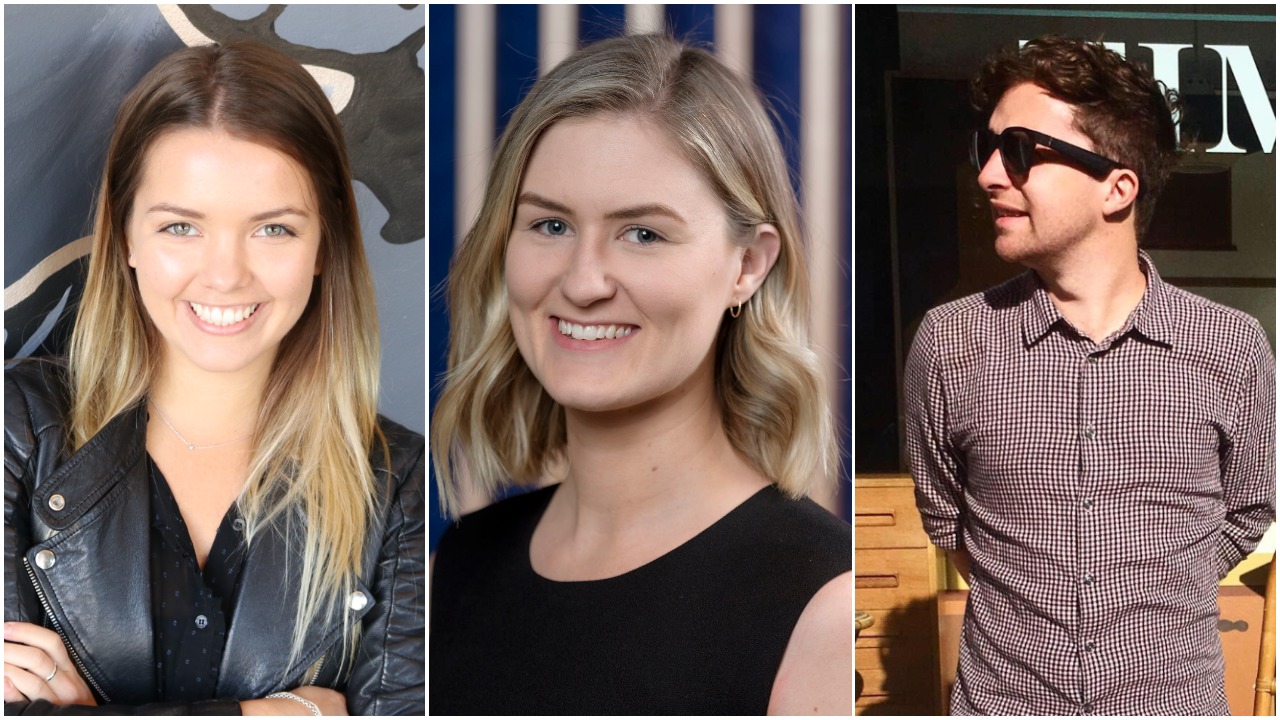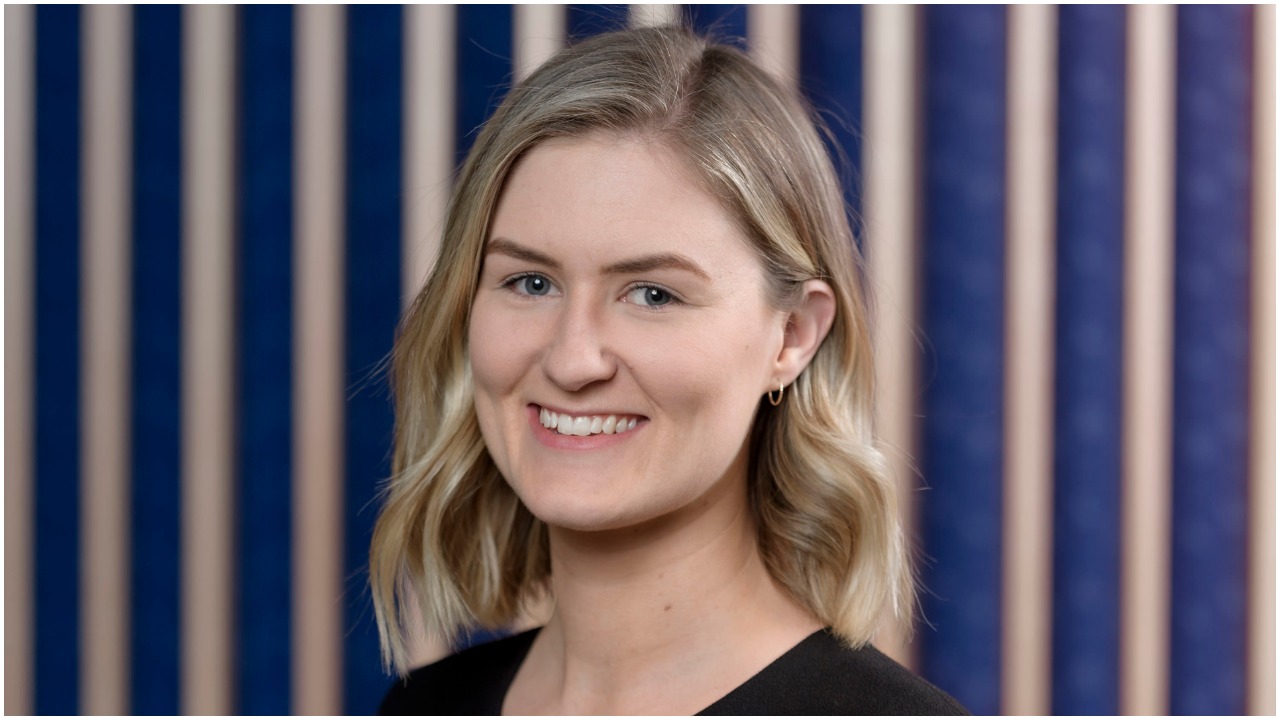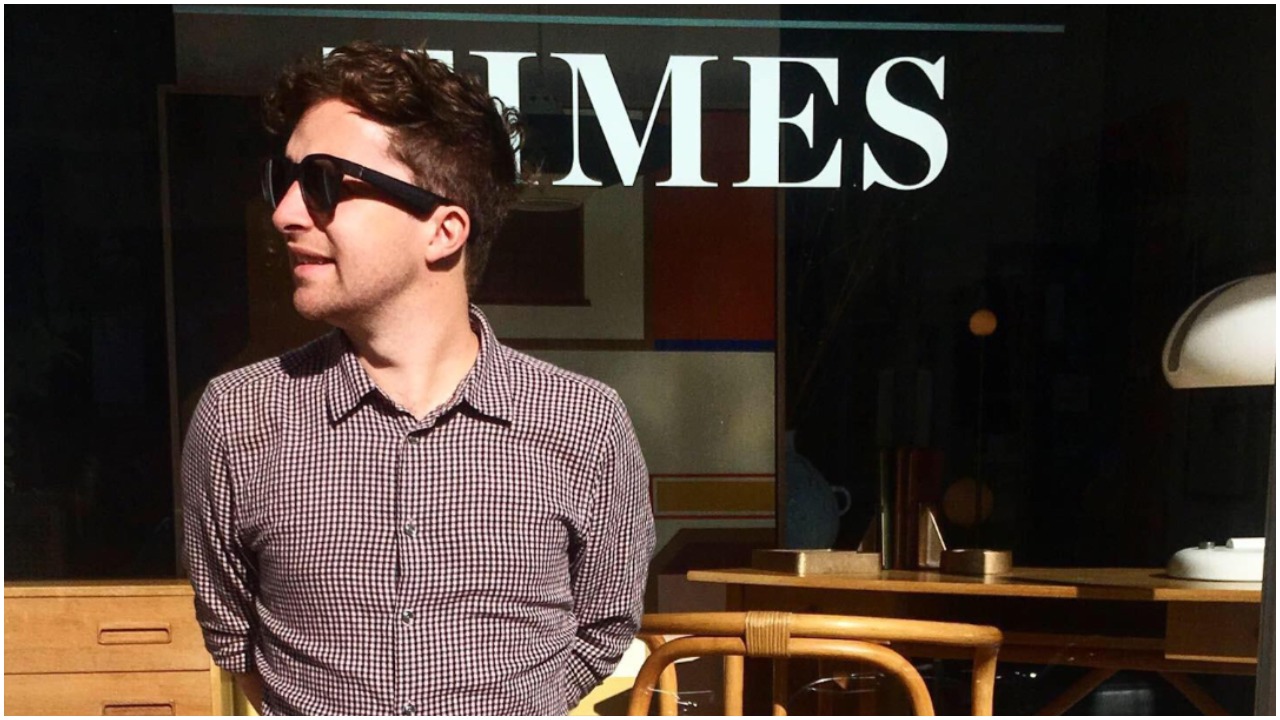TMN 30 Under 30: Meet your Licensing & Supervision winners

With the finalists, 30 victors and Reader’s Choice champ revealed, it’s time to meet the winners.
After getting to know the Entrepreneurs & Innovators winners on Thursday, it’s time to take a look at the three TMN 30 Under 30 heroes from the Licensing & Supervision category.
Congratulations to Allegra Caldwell from BMG, Kate Raue from Google & Marcus Brooke-Smith from Level Two Music.
We asked each applicant to outline the biggest challenges facing the music industry and all 30 entries were unique and worth sharing. Responses were given prior to the outbreak of COVID-19.
This year’s TMN 30 Under 30 Awards are made possible thanks to six incredible sponsors, including APRA AMCOS, Eventbrite, MTV, Sony Music, Universal Music and Warner Music.
Allegra Caldwell, BMG

There is so much new music being released every day. It’s an incredible time for artists to be releasing the music they truly want to make and start taking back some power.
Some might feel that there is an over-saturation, meaning it’s harder for artists to cut through or, in my field, there is more competition for each sync opportunity.
I would have to agree, however, I think this competition is a good thing. Publishers and labels are forced to be more proactive to stay relevant in this time of change.
Publishers can’t just wait for their inboxes to fill with big dollar sync requests. We have to actively strategise and work closely with international teams than ever before.
While the big-ticket sync may appear fewer, there is so much new innovation, with new technologies and content platforms being created all the time for music discovery and usage like Netflix, TikTok and Quibi that weren’t around a few years ago. We’ve seen what a viral video, app or game usage can do for a song.
A challenge we’ve faced in the sync licensing world has been how we continue to re-define and agree to terms with these new technologies as they develop and change.
Exposure can be a great thing, however, artists should be entitled to remuneration if their music is being exploited.
Kate Raue, Google

Although we’ve made some large strides, we still haven’t created a truly diverse music industry in Australia.
The number of women and people of colour in senior leadership and on company boards is still well under the ideal.
Once people of all backgrounds are included and incorporated into leadership, we will be able to create a much more resilient, supportive and inclusive industry.
And I can’t discuss the challenges facing the music industry without mentioning data.
Genuine investment in data quality improvements will not only increase the amount of revenue that is generated but also ultimately increase the number of people that benefit from the music economy as a whole, which will increase the industry’s sustainability for years to come.
Marcus Brooke-Smith, Level Two Music

This overlaps with how we measure progress. The state of representation in the artists, especially composers being engaged in sync is dire and symptomatic of a broader problem in the industry.
We all quite rightly applaud the recognition of Hildur Guðnadóttir but still, only 1.4% of top 100 grossing films of the last 12 years were worked on by female composers.
People of colour and indigenous people, both artists and executives, are glaringly absent from so many of the conversations and from the credit reels of the industry, this has to change. It’s an ever-growing subject of conversation but more action and more investment is needed.
Mental health needs to be more of a priority through every stage of our work. Artists are working harder than ever to cut through the noise and to build a career but at the same time more and more are looking for therapists.
Burnout in executives is more and more common. There are many great initiatives working to tackle this problem but we have a responsibility to consider the impact our industry has on its artists and executives.
Prevention rather than cure surely has to be the priority.






























